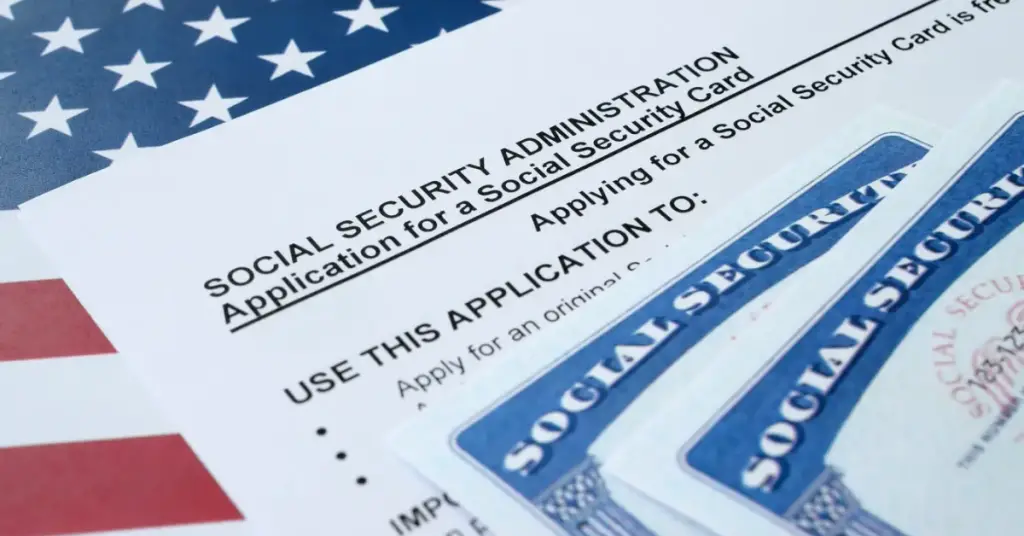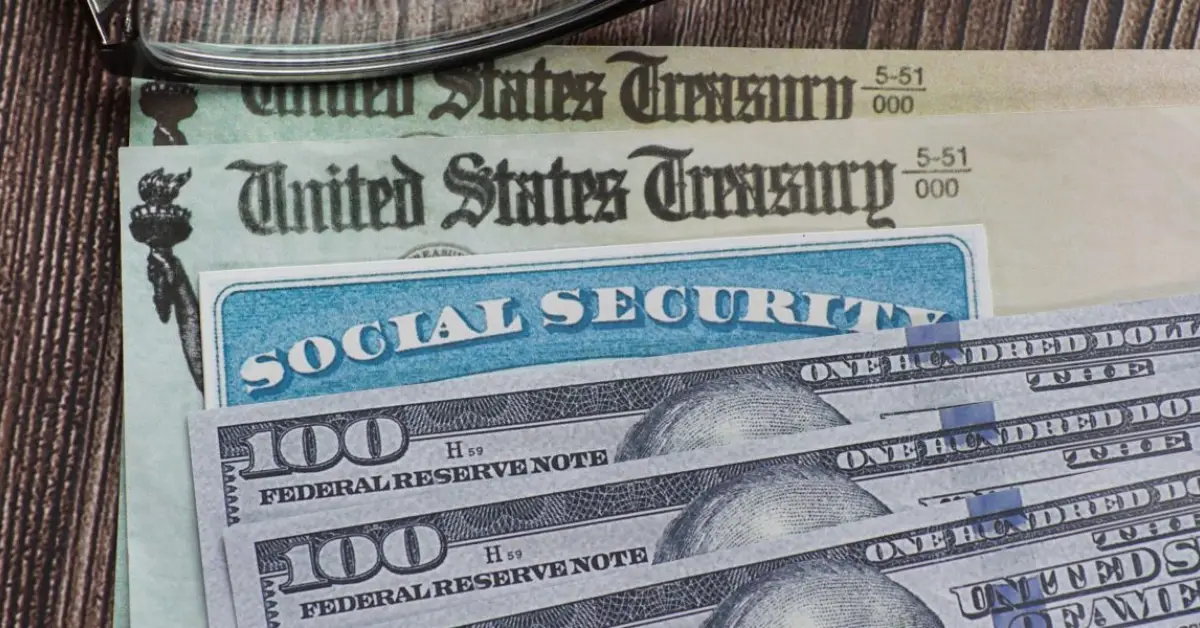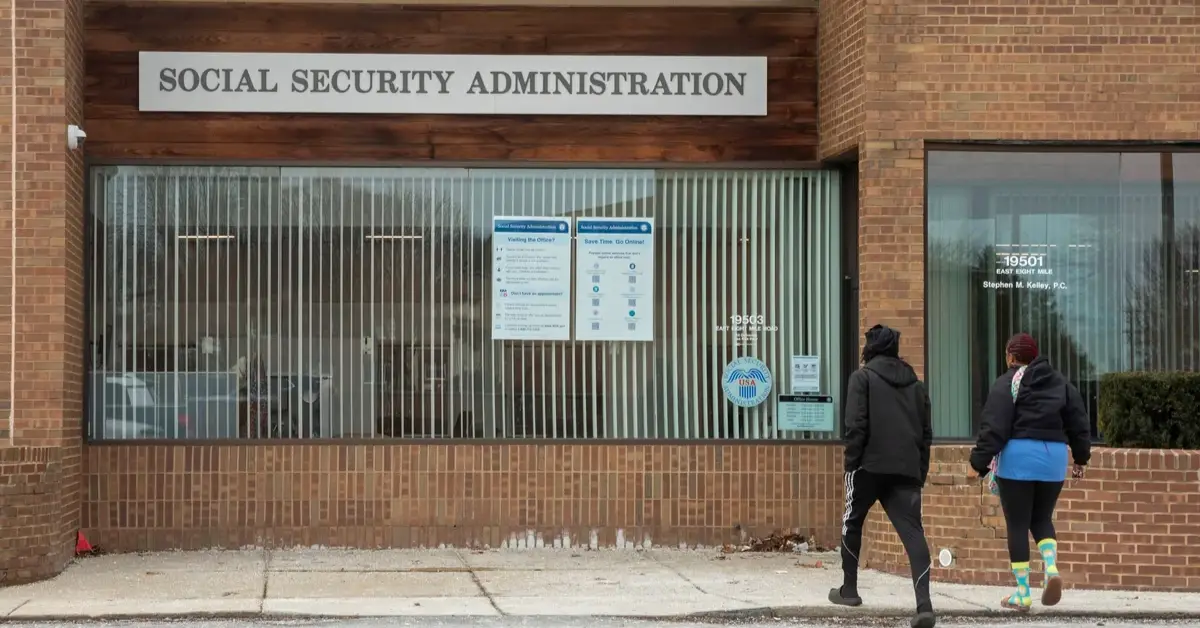Your Social Security Number (SSN) is one of the most crucial pieces of personal information you possess. It serves several important purposes: it’s used to file your taxes, apply for loans, open a bank account, obtain a passport, and even get a driver’s license.
One of its most important uses, however, is to verify your identity. If someone gets hold of your SSN, they can easily impersonate you and gain access to sensitive information, which can lead to financial loss and emotional stress.
Every year, around 26 million Americans fall victim to identity theft. This means their SSNs or other personal details are stolen and used by criminals to commit fraud. Protecting your SSN from falling into the wrong hands is one of the most essential steps you can take to safeguard your identity and your finances. But how can you make sure that you’re not one of the millions affected? It starts with being mindful of how and where you share your SSN.
Understanding Why Your Social Security Number is So Important
Your SSN is unique to you and is used by various organizations to verify your identity. Financial institutions, government agencies, and other entities rely on this number to ensure that you are who you say you are. Whether you’re applying for a job, trying to get a loan, or filing your taxes, your SSN is used as proof of your identity.
However, because it is so widely used and needed in so many situations, your SSN is also highly valuable to criminals. If they get hold of your number, they can use it to open credit cards, apply for loans, file false tax returns, or even steal your tax refund. In fact, identity theft and fraud often start with the theft of someone’s SSN. So, it’s critical to keep it safe at all costs.
Who Should You Share Your Social Security Number With?
When it comes to sharing your SSN, it’s essential to be very selective. Not every organization or person needs access to this vital information. According to Kevin Moran, PhD, Assistant Professor of Computer Science at the University of Central Florida, it’s important to be cautious about who you give your SSN to. “You want to be very careful with how you share your social security number with any institution that might need it for financial information or for background checks,” Moran explains.
In general, you should only share your SSN with certain trusted entities. These include:
- Your employer: Employers use your SSN to report your earnings to the IRS, for tax purposes.
- Your bank: Banks use your SSN to open accounts, verify your identity, and report financial transactions.
- Educational institutions: Colleges and universities may need your SSN for admissions, financial aid, or other purposes.
- Government agencies: Agencies like the IRS, Social Security Administration, and others may need your SSN for specific services.
Other than these situations, it’s best to keep your SSN private. If someone asks you for your SSN, take a moment to question why they need it and whether it’s absolutely necessary. Scammers often pose as legitimate organizations and trick people into providing their SSN for fraudulent purposes. So, always be cautious.
The Dangers of Sharing Your SSN Improperly
How you share your SSN is just as important as who you share it with. Many people make the mistake of sending their SSN through unsecured channels like email or text messages. This is incredibly risky, as these forms of communication are vulnerable to hackers. It’s essential to use secure methods for transmitting your SSN, such as encrypted emails or secure online portals that require a password or two-factor authentication.

Dr. Moran also advises against sharing your SSN in any unsolicited requests. “What you don’t want to do, for example, is emailing your social security number in an unencrypted email to somebody,” he says. If someone contacts you asking for your SSN via phone, email, or text, be suspicious.
No legitimate company or government agency will ask for your SSN in an unsecure manner. They may even use high-pressure tactics to get you to share it quickly. Never give out your SSN without first verifying the request.
Beware of Scams and Phishing Attempts
In today’s digital world, scams and phishing attempts are more common than ever. Fraudsters often pose as legitimate organizations, such as banks or government agencies, and attempt to trick you into sharing your SSN.
One common scam involves a call or email claiming to be from the government or a company offering benefits, such as a cost-of-living increase. For example, the Office of the Inspector General recently issued a warning about scammers claiming they needed your SSN to process a 2025 cost-of-living increase.
If you ever receive such a request, do not respond immediately. Instead, take the time to verify its legitimacy. Research the phone number or email address the message came from, and then contact the organization directly using a phone number or email address you know is legitimate. This way, you can confirm whether the request is genuine or a scam.
If you believe that someone has obtained your SSN or other personal information without your consent, it’s crucial to take immediate action. Visit the official government website, identitytheft.gov, to file a report and learn about the steps you can take to recover your identity. This might include freezing your credit, notifying financial institutions, and taking steps to clear any fraudulent activity from your credit report.
How to Keep Your SSN Safe
To protect your SSN and reduce your risk of identity theft, consider following these practical tips:
- Shred documents: Any documents that contain your SSN, such as tax forms or old financial records, should be shredded before you dispose of them.
- Use strong passwords: To reduce the risk of your online accounts being compromised, use complex passwords and enable two-factor authentication.
- Monitor your credit: Regularly check your credit report for any unauthorized activity. You can get a free credit report once a year from each of the three major credit bureaus (Equifax, Experian, and TransUnion).
- Be cautious online. Avoid sharing personal information on social media or unsecured websites, and avoid using public Wi-Fi networks for financial transactions.
Disclaimer: This article has been meticulously fact-checked by our team to ensure accuracy and uphold transparency. We strive to deliver trustworthy and dependable content to our readers.




